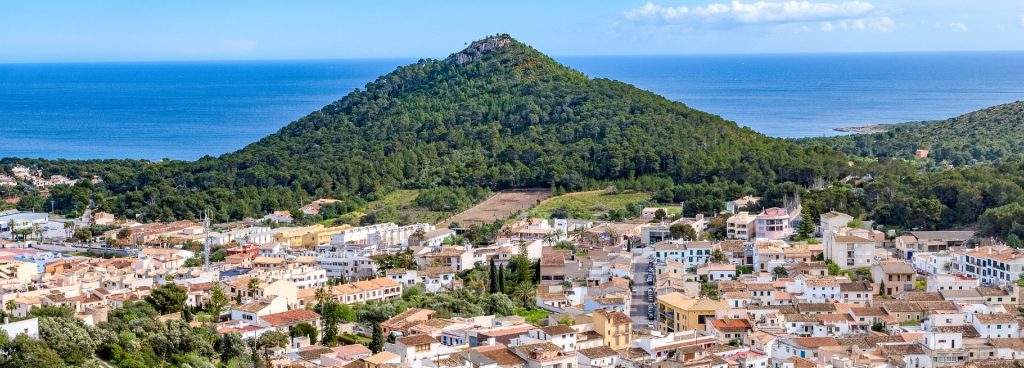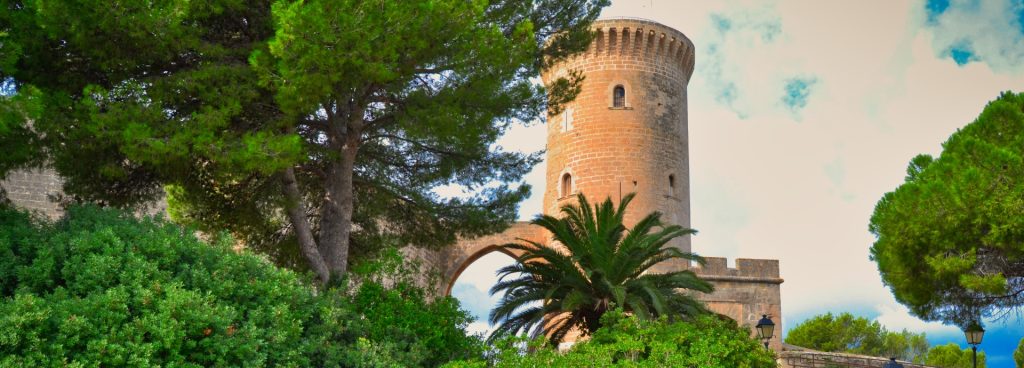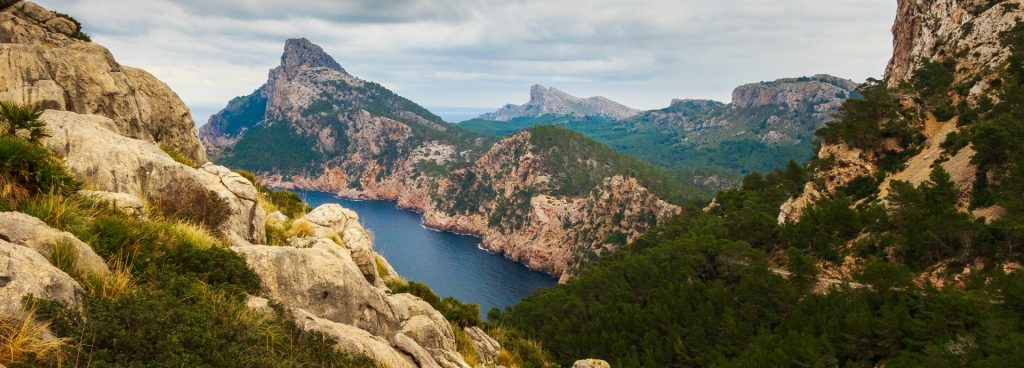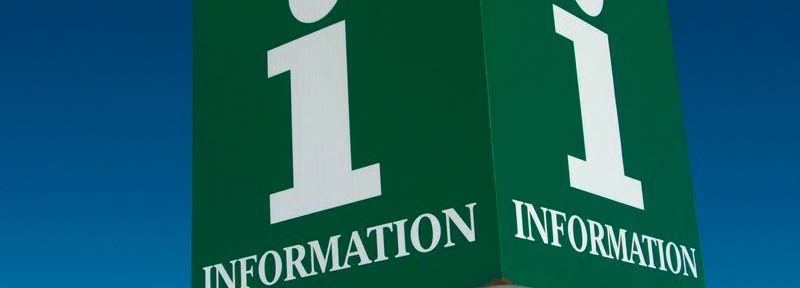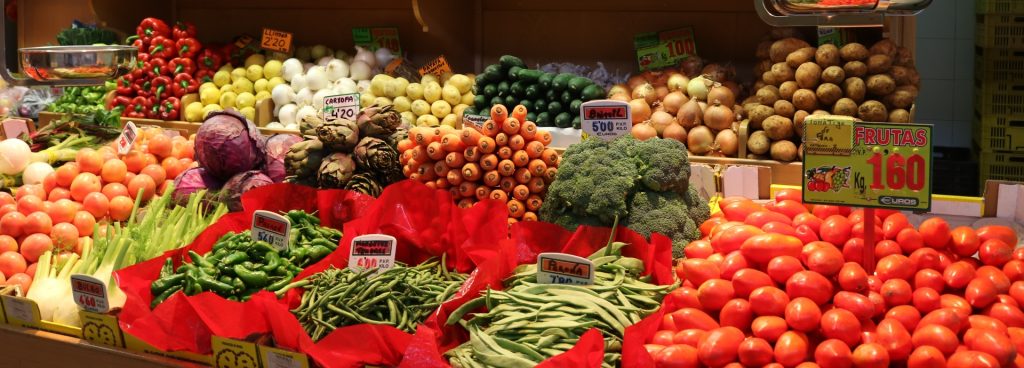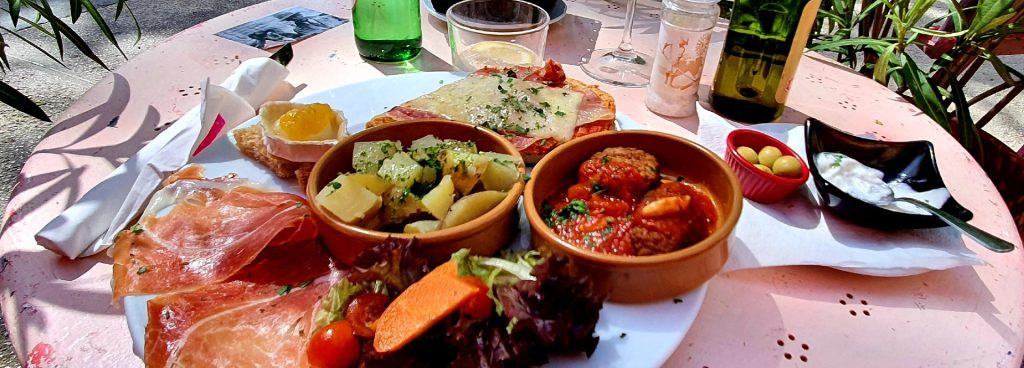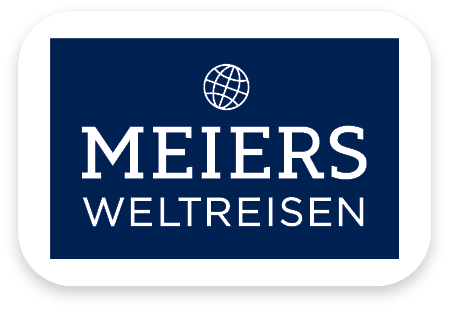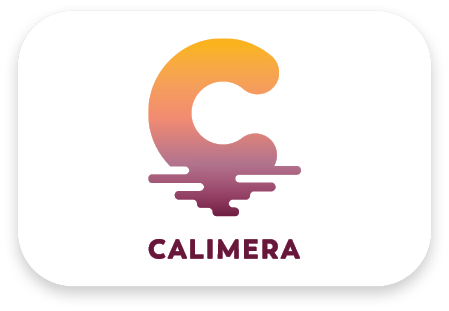The eventful history of Mallorca
A brief outline of Mallorca's eventful history should help to develop a better understanding of the island and its inhabitants. Foreign powers were constant on Mallorca. They not only determined the rulership, but also shaped the physique and facial features of the locals, their language and culture, the architecture and, last but not least, the agricultural techniques.
2nd millennium BC: The talayot culture emerged. The towers made of large, uncut stones probably served as guard / defense towers, headquarters of the tribal leader or storage / stable rooms. There are still over 1.000 on Mallorca. The best preserved can be found at Arta and Lluchmayor.
Approx. 600 BC: Foundation of the first trading bases of Greeks & Phoenicians in the Balearic Islands.
123 BC: The Romans conquered the Balearic Islands and became part of the Roman Empire. Consul Metellus founded Palma and Pollenca (today Alcudia). Expansion of the road network, intensification of agriculture (e.g. introduction of viticulture), establishment of a Roman administrative system.
798 AD: The Moors conquered Mallorca and stayed for about 450 years. A city-organized upper class established a flourishing Moorish-Arabic high culture, traces of which can still be found on the island today.
1229 AD: The Spaniards (Jaime von Aragon) conquered Mallorca back and a year later the construction of the cathedral in Palma began. The Kingdom of Mallorca was founded by King Jaime II.
1348 AD: King Jaime III was defeated by the Aragonese at the Battle of Lluchmajor and Mallorca becomes part of the Kingdom of Aragon. Mallorca became part of Spain after the unification of the Spanish Empire at the end of the 15th century.
From 1492: The discovery of America was economically detrimental to the Balearic Islands and the Spanish Mediterranean coast as trade was concentrated in the New World.
16th century: Attacks by Algerian-Turkish pirates (until 1571), fortifications are reinforced.
17th century: Because of severe famines and epidemics, many islanders flee to the mainland.
18th century: Civil unrest and uprisings during the War of the Spanish Succession, which began in 1700.
19th century: Leather and jewelry industries are flourishing. Wine, citrus and almond cultivation are flourishing. Foreign nobles and intellectuals discover the island's beauty.
1936-39: In the Spanish Civil War, Mallorca supported the nationalists under Franco.
1947: The monarchy was reinstated by a referendum, but Franco remained head of state.
From 1975: After Franco's death, Juan Carlos I became king of Spain. The subsequent democratization of the country (Spain has been a constitutional hereditary monarchy with a parliamentary system of government since 1978) changed little in terms of the aggressive investment policy.
1983: Only now did the Balearic Islands receive autonomous status and today they largely decide independently about the interests of the islands.

